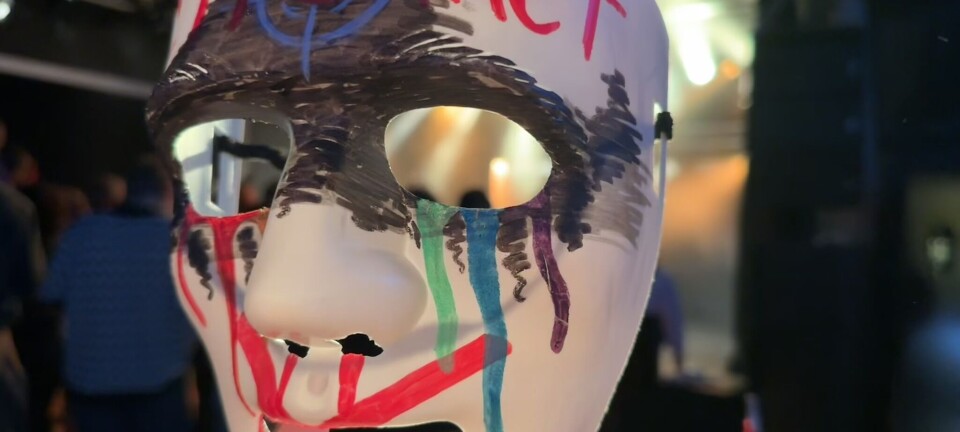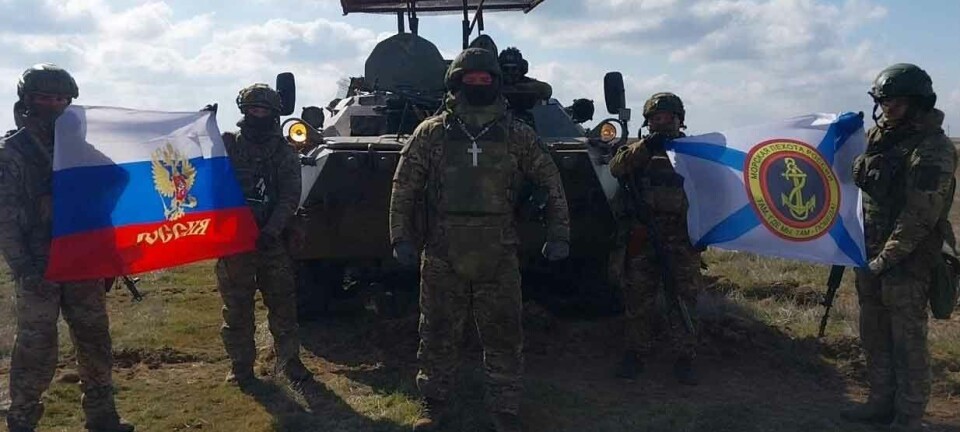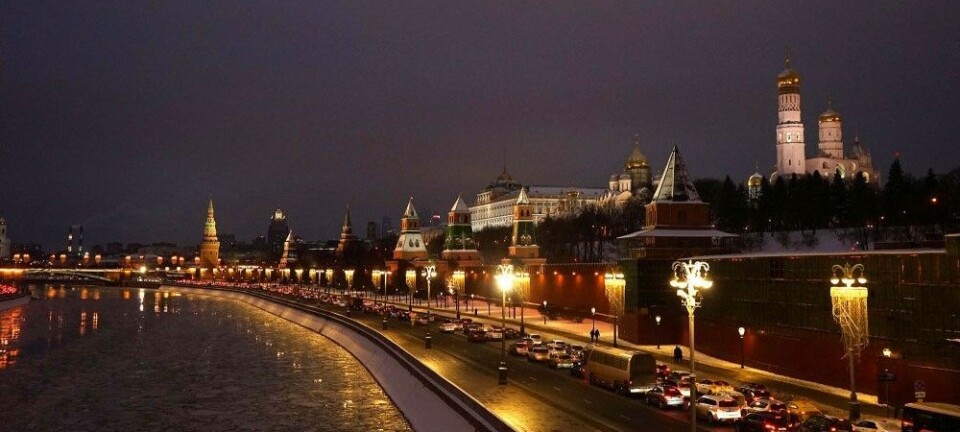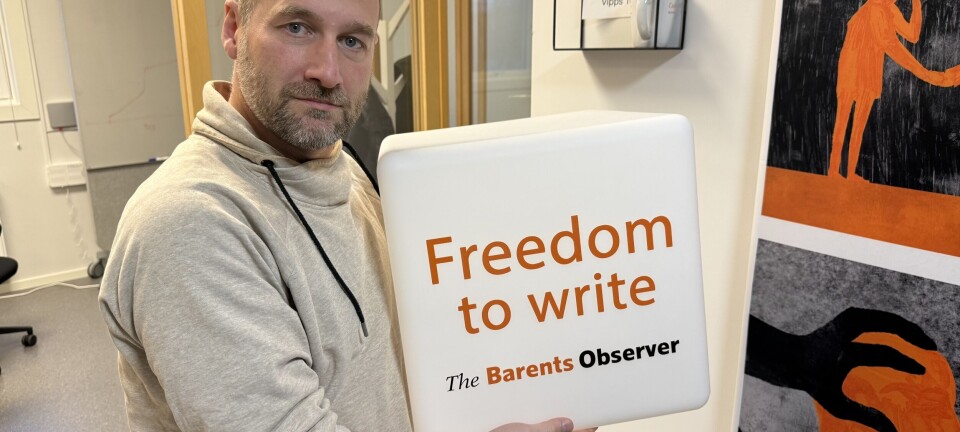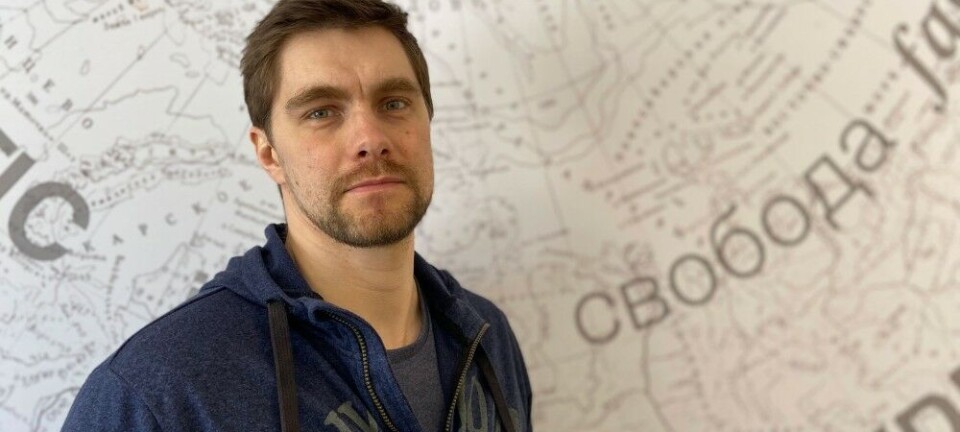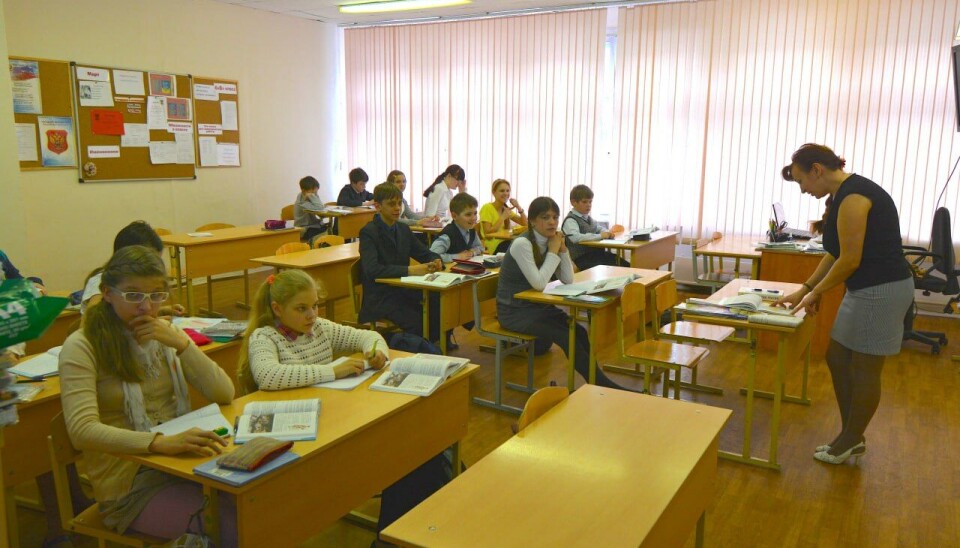
More than 190,000 Russian schoolteachers quit their job last year
Russian schools are increasingly an arena for propaganda and militarisation. A rapidly growing number of teachers have had enough.
“The decision to leave was made almost immediately after the war started. I understood that things wouldn’t be like before, I was very depressed. Well, the result was that representatives of Center E (police anti-extremism unit) talked to me,” begins the story of Mikhail Kopitsa, who worked in one of the gymnasiums in Arkhangelsk and quit in March 2022. “At that time, an anti-war event was being prepared in Arkhangelsk, and they probably had me in some of their databases from the time of Navalny's headquarters. So they came to my work.”
“They pointed out to me that some of my online publications about Crimea could be considered a continuing crime against the integrity of the Russian Federation and asked me to sign a pledge not to participate in unauthorized actions,” Mikhail recalls, speaking to Barents Observer.
After the security forces’ visit, neither the principal nor his colleagues tried to stand up for Mikhail or express words of support. He believes that the principal was relieved after his decision to quit. He notes that no one at the school tried particularly hard to keep him. However, there was no joy either, he adds, since the overall atmosphere after the start of the war was very grim.
Naturally, Mikhail was not the only one who left the school after February 24, 2022. In 2023, the number of teachers who quit was the largest in the past seven years. According to news outlet Vazhniye Istorii (Important Stories), which broke the story, there were more than 193,000 such people.

It cannot be said that all these cases are similar to Mikhail's. “Of course, not all 193 thousand quit because of disagreement with the authorities,” teacher Dima Zicer said to the Barents Observer. “But this is the highest number in recent years. This is an important point. And this number speaks for itself.”
Nevertheless, the situation in the country has had a great impact on many teachers’ decision to quit. “Thousands of teachers have left schools for political reasons,” explains Daniil Ken, the head of the “Alliance of Teachers”, to the Barents Observer. “Formally, the overwhelming majority resigned of their own accord. But in doing so, they had faced pressure or were actually fired. Publicly known cases of dismissals or teachers who openly spoke out against propaganda and militarisation are just the tip of the iceberg.”
Pedagogical Conformism
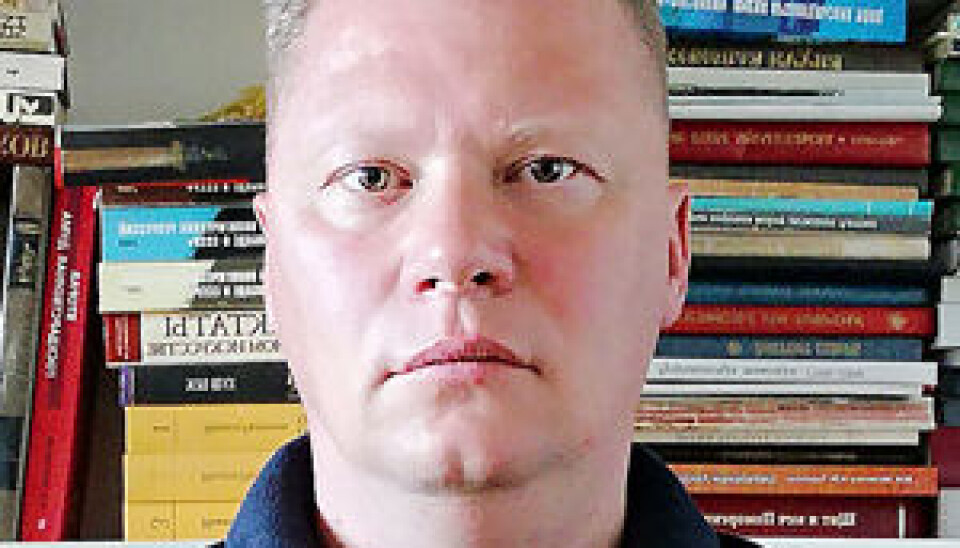
At the same time, there are many teachers who continue to work, despite what is happening to the school. “Mass conformism is very common among teachers,” Kopitsa explains. “These people explain it to themselves like this: first and foremost, we teach children, this is our task, our work, and we must do it well. And if they demand something else from us, well, fine, we’ll do it.”
“Of course, there is a certain share of people who have a very positive attitude to everything,” Mikhail adds. “But they, in my opinion, are a clear minority."
Primary school teachers most likely to leave
The 2023 dismissal data clearly shows that the largest percentage of those who left were primary school teachers. In 2017, 21,400 primary school teachers quit. In 2023, the number rose to 36,600.
“The reason is that they experience more stress and have lower salaries,” Daniil Ken explains. “At the same time, teaching primary school is psychologically more traumatic.”
“Primary school teachers are, in principle, the main champions in school. They create the very foundation with which children move on,” says Dima Zicer, adding that, despite the importance of their mission, it is very difficult for them to work. “Primary school teachers are overwhelmed with a huge number of circulars and new instructions related to lessons about important things and other stuff. It is simply impossible to do this work honestly."
“I suspect that it is the young colleagues who are leaving, who simply find it emotionally difficult to bear what school is turning into,” says Mikhail Kopitsa. “School itself is a stressful place, and if you add ideological pressure to that... I know of at least two young coworkers who left the gymnasium where I worked."
Creating distorted minds
After the war began, combat veterans started coming to Russian schools frequently with stories about their war experiences. In many cases, these meetings have one goal – to instill in children that war is normal, and participation in it is honorable.
It seems that such meetings will not be the only ones — there are proposals that the new subject “Fundamentals of Security and Defense of the Homeland” be taught by participants of the war in Ukraine. If a person has no teaching degree, they will need to take professional retraining. But it is not clear whether the applicant's criminal past will be checked. In addition, it should be remembered that war participants quite often kill people on the battlefield.
“If your school, if your principal is capable of hiring a criminal and murderer as a teacher, then this is definitely the factor after which you need to quit the school,” says Dima Zitzer. “Everything is definitely rotten there, you need to run away from such a school.”
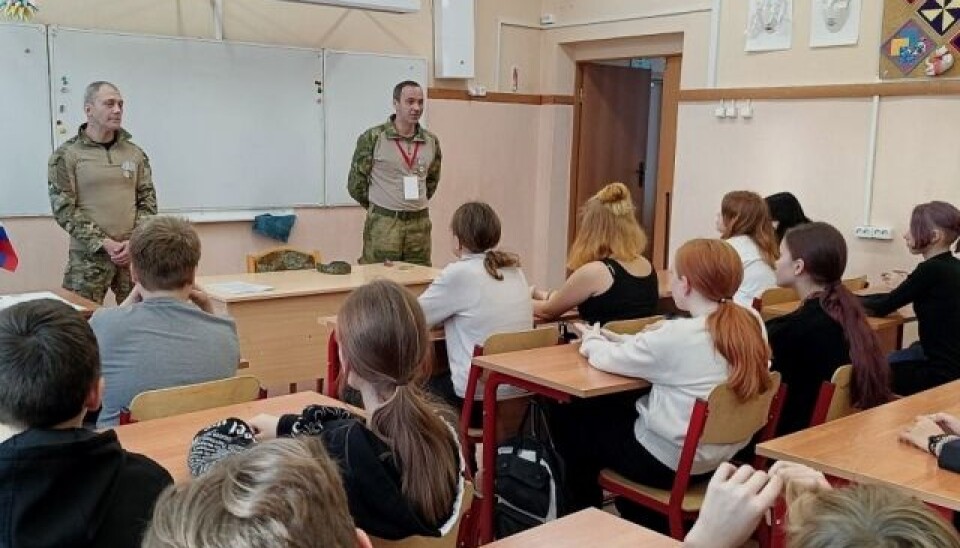
Daniil Ken explains why there is no discussion in schools about using former war participants as teachers. “As far as I can see, and from what teachers say, this is rarely discussed within the school staff. It is an unsafe topic (some are afraid of denunciations, dismissal, etc.). Supporters of the “special military operation” (a term applied to the Ukraine war by Russian authorities) and bringing 'heroes' to schools are also aware that some of their coworkers strongly disagree with their position and they prefer not to discuss it. Rather, the prevalent attitude is “we do what we’re told, because the school is state-owned. And if we don't do it, they will find someone who will do it instead of us."
Apparently, this attitude to the situation has been present in schools for a very long time. “In the 90s, many had the understanding that we are the sovereign's people and must do as we are told," recalls Mikhail Kopitsa.
Dima Zicer believes that there is one important goal behind all the actions of the Russian authorities such as engaging war participants in school or ideas about reducing the duration of school education. “The Russian state quite consciously wants to create mankurts who have been deprived of their memory and will... It is important for the Russian state to have absolutely loyal people working in schools who are ready to carry out any orders."
"It definitely will not get any better"
In September, Russia announced its budget for 2025-2027. It earmarks almost ₽1.6 trillion for education, just a little more than the ₽1.5 trillion in 2024. This means that the main reasons why teachers leave schools will remain the same.
“It is difficult to judge whether there has been any change in the situation in the first nine months of this year, and whether the trend has continued, as there is no official data,” says Daniil Ken. “But it is obvious that the factors that force teachers to quit have not gone away, and first of all, underfunding of education... The main reasons have not changed for many years – low salaries and low school funding, especially in regions where thousands of schools are in disrepair, and many do not even have toilets."
Dima Zitzer agrees with this, adding that there are still many reasons for leaving school. “Dissatisfaction with working conditions, salaries, or someone’s civic position... I think that this is all about impossibility. The impossibility of fulfilling one's professional duty.”
“The problem with staffing in schools has been around for a long time. The average age of teachers is constantly growing, and the influx of younger teachers is weak,” says Mikhail Kopitsa. “I don't want to lay it on thick and say it’s a disaster and school is doomed. We’ve had worse, for example, in the 90s, when salaries were not paid. I think that the school will make it through, but it will definitely not get any better."


